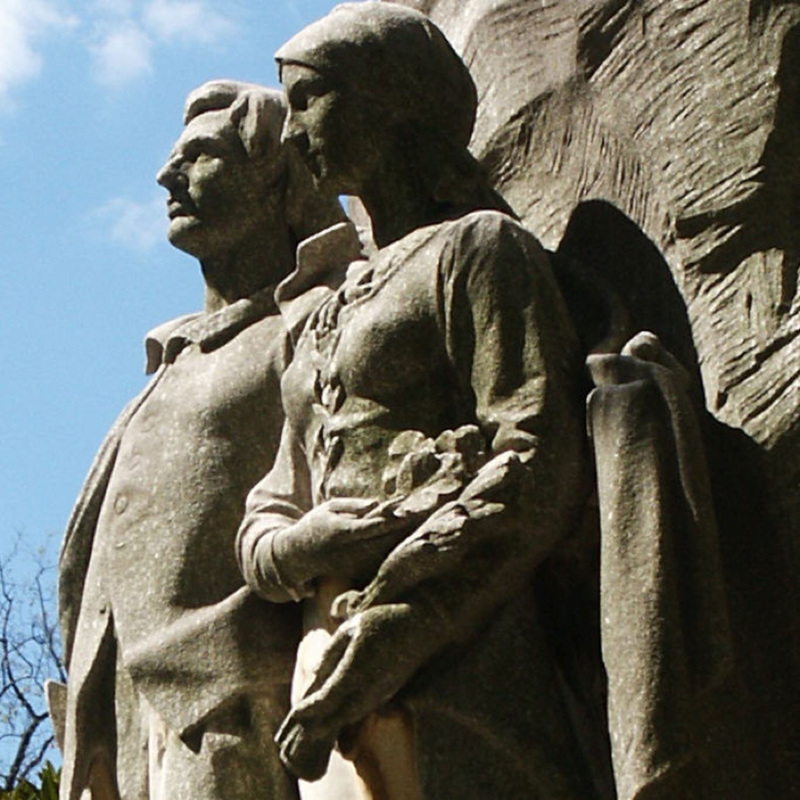|
Francis Daniel Pastorius (1650-1730 ) was a law student at the University of Jena, Germany when he read literature on the Mennonites. After completing his Juris Doctor, he moved to Crefeld, Germany and joined the Flemish Mennonite congregation. There he cross paths with William Penn.
In 1681, the King of England granted Penn a large tract of land in the new world and Penn visited Mennonites in Holland and Germany to recruit them for his new colony. Pastorius was interested along with approximately 35 families in Crefled. He arranged for a village settlement and in 1683 Germantown, Pennsylvania became the home for these new immigrants. Pastorius was the mayor, judge and spiritual leader for this new settlement. The Mennonites lacked a meeting house so they shared a building with the local Quakers. In 1688, five years after their arrival, the Mennonites from Crefled issued the first anti-slavery document in the New World. The following sentence from this document illustrates his concern: “In Europe there are many oppressed for conscience sake; and here there are those oppressed which are of a black colour.” He opposed both: religious oppression and racial oppression. Not only did he bring Mennonites to the New World, he helped them organize into a congregation in Germantown, Pennsylvania. Pastorius also experimented with gardening and took meticulous notes on which herbs, vegetables, flowers and grain crops thrived or failed in the Pennsylvania climate. His own fields of flax formed the basis for the Mennonite weaving industry in colonial Pennsylvania. He wrote letters in seven different languages and also became fluent in two Native American languages. As the Colony Governor, William Penn ordered Pastorius to build a jail in Germantown for civic offenders but no jail was built. Eventually a set of stocks arrived from Philadelphia and still Pastorius refused to use them and preferred diligent conversation with a transgressor. Eventually, though, they were put to use. One Mennonite bet another that he could not smoke 100 pipes in one day. The stocks were used not for the one who smoked but the one who placed the bet! He was known for issuing an annual decree that “On this day, all crimes and transgressions from the past are forgiven.” In his spare time, he taught children, both boys and girls, basic education skills and in the absence of available materials, wrote his own texts. This Mennonite leader was known for his cooperation and collaboration with people from other traditions, especially the English speaking Quakers and Native Americans. One Mennonite historian has called him a Menno-Quaker in the best sense of that term. Pastorius was also a poet with more than 300 published works. Two centuries later, the Quaker poet John Greenleaf Whittier penned his sixty-five page poem “The Pennsylvania Pilgrim” in honor of Pastorius. As one biographer stated, “Everything he touched he did adorn.” Surely the Lord would say of Francis Daniel Pastorius, “Well done thou good and faithful servant.” |
DownloadThe Living Mirror: Archaeology of Our Faith
Archives
December 2018
|
||||||
|
* = login required
|
Visit425 S. Central Park Blvd.
Chicago, IL 60624 |
Contact |


 RSS Feed
RSS Feed
